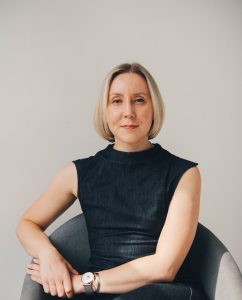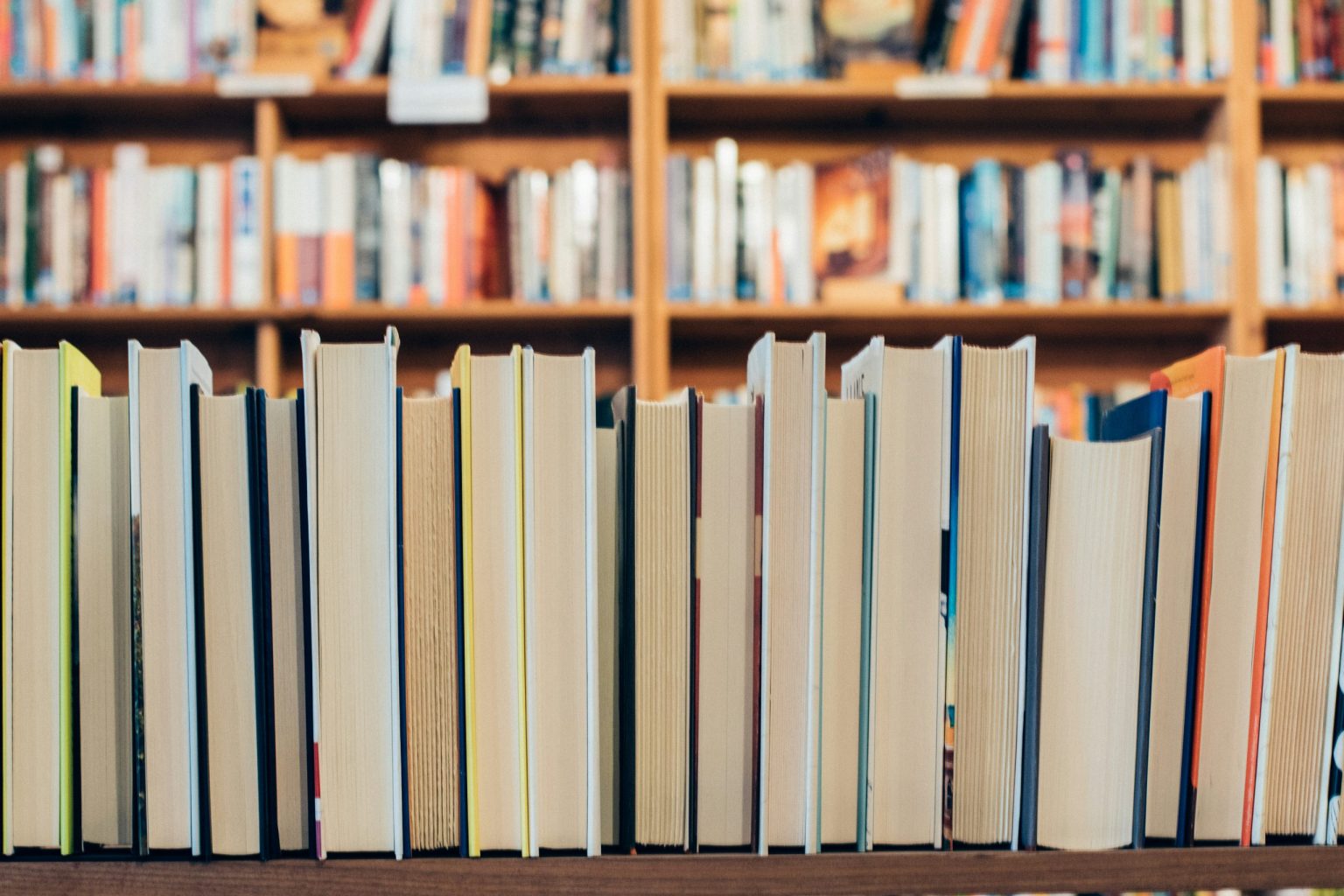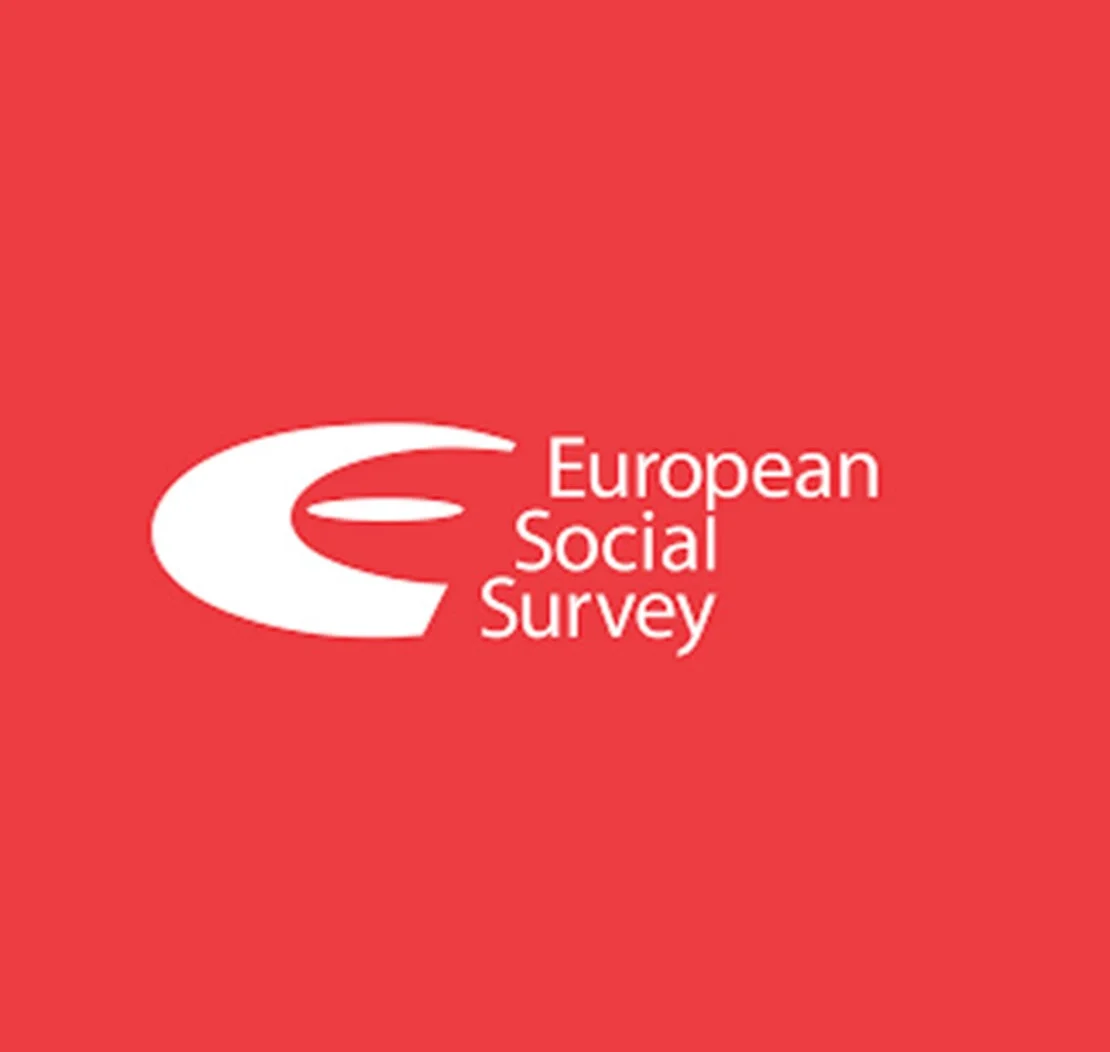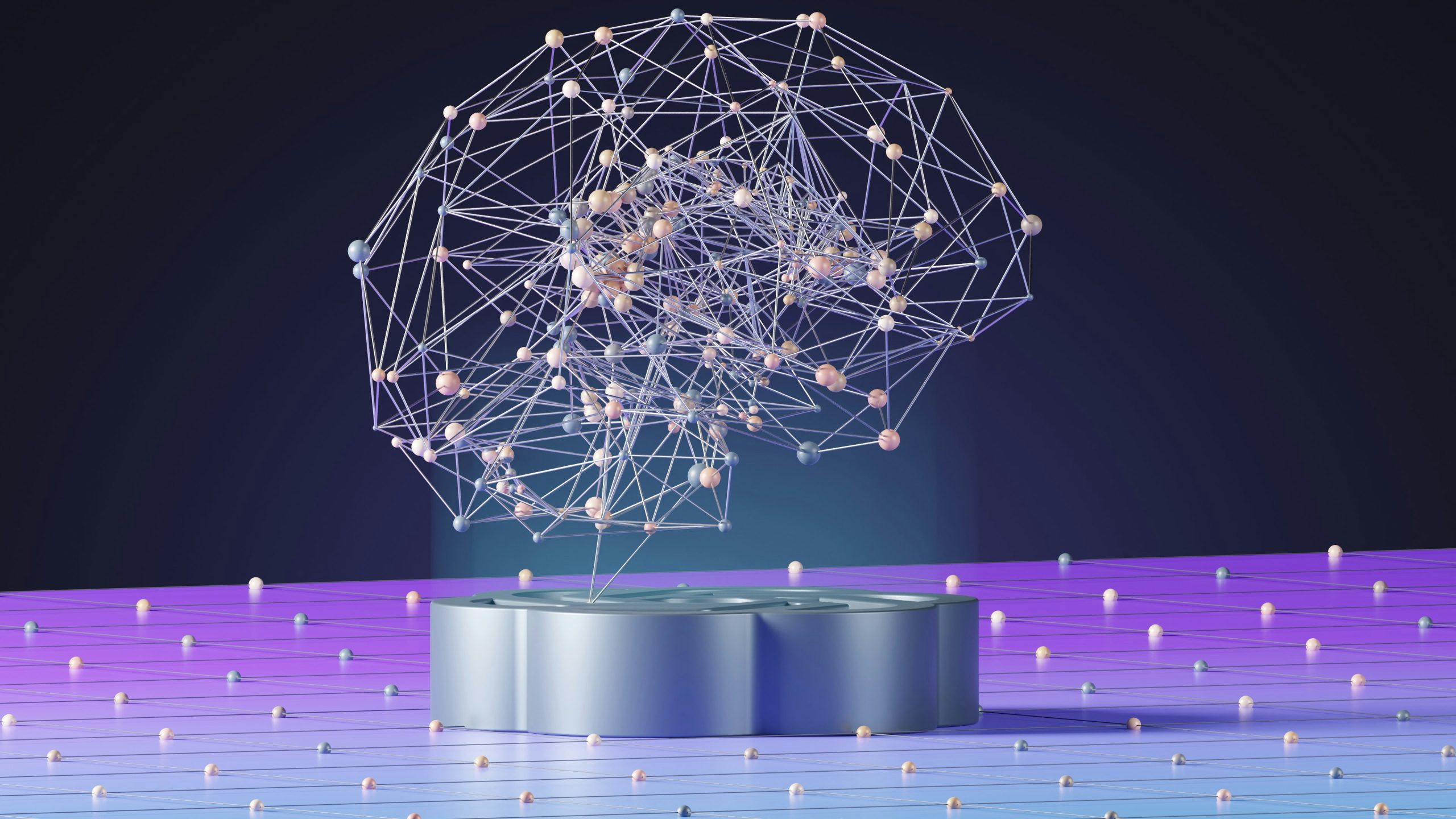In autumn 2025, Dr. Aušra Čižauskaitė became a new postdoctoral fellow at the VDU V. Kavolis Transdisciplinary Research Institute. Her research will focus on the topic “Balancing work and personal life in a post-pandemic world: the case of working parents in the Baltic countries”.

The impact of the Coronavirus pandemic on the labour market and working practices has been significant, with hybrid working, remote working and other more flexible working arrangements becoming popular. Against this backdrop, it is particularly pertinent to examine how these changes have impacted the ability of working parents with children to strike a balance between their professional and personal commitments.
The study will analyse which households and socioeconomic groups in the Baltic countries have faced the greatest challenges in balancing work and personal life since the pandemic began. The study will also assess these issues from a gender perspective, paying particular attention to the division of paid and unpaid work within families.
It is hoped that a better understanding of the experiences of working parents and new trends in the interaction between work and family life will be gained by using international data from the European Working Conditions Survey. The survey results will inform the development of social policy and help create solutions that improve work-life balance in the Baltic countries.
The postdoctoral fellowship runs until December 2026. Another competition for the post of postdoctoral fellow is currently underway.
This postdoctoral fellowship is funded by the V. Kavolis Transdisciplinary Research Institute’s project, ‘Strengthening the R&D Activities of the Vytautas Kavolis Transdisciplinary Institute for Social Sciences and Humanities (SOCMTEP) 2023–2027’. This project is funded by the Lithuanian Science Council and the Ministry of Education, Science and Sport of the Republic of Lithuania (agreement no. S-A-UEI-23-13, 27 December 2023). The project programme is the “University Excellence Initiative” (Order No. V-665 of the Lithuanian Science Council).


